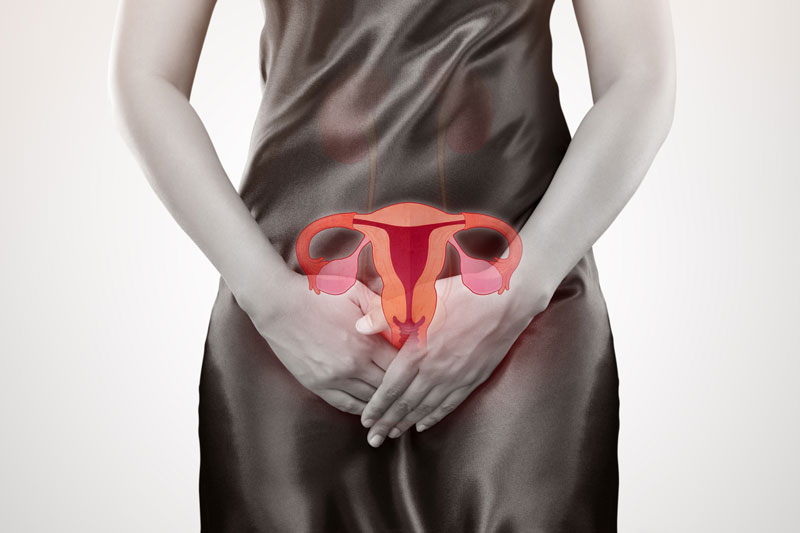Understanding Irregular Periods
Most women experience some changes in their menstrual cycle from time to time. But when these changes become frequent or last for several months, it could be a sign that something is not right. Irregular periods can mean missing periods, having them too often, or having heavier or lighter bleeding than usual.
What Is a Regular Period?
A typical menstrual cycle lasts between 21 to 35 days. Bleeding usually lasts for 2 to 7 days. Regular periods come at roughly the same time each month. But if your period timing keeps changing, or the flow is very light or very heavy, it may be considered irregular.
Common Signs of Menstrual Irregularities
Menstrual irregularities may include:
- Periods that come more than 35 days apart or less than 21 days apart
- Missing periods for several months in a row
- Very heavy bleeding or spotting between periods
- Periods that last longer than 7 days
- Severe pain during menstruation
- Bleeding after sex or after menopause
If you are noticing any of these signs often, it’s time to pay attention to your body.
Possible Causes of Irregular Periods
There are many reasons why periods can become irregular. Some common causes include:
- Hormonal changes during puberty, after childbirth, or near menopause
- Polycystic Ovary Syndrome (PCOS), a common condition in women that affects hormone levels
- Thyroid problems, both underactive and overactive thyroid can affect your cycle
- Extreme stress or sudden weight changes, which can impact your body’s hormone balance
- Excessive exercise or very low body weight
- Uterine fibroids or endometriosis
- Use of birth control pills, which may change bleeding patterns
Sometimes, irregular periods may just be your body’s natural pattern, but other times, they may signal an underlying issue.
When Should You See a Doctor?
While a few missed or late periods are not always serious, you should consult a doctor if:
- Your periods stop for more than 3 months without pregnancy
- You bleed heavily and need to change sanitary products every hour
- You experience severe cramps or pain that affects daily activities
- You have spotting or bleeding between periods often
- Your periods suddenly become irregular after being regular for years
- You notice symptoms of PCOS like acne, facial hair, or weight gain
Getting medical advice at the right time can help identify the cause and prevent complications.
Medical Management Options
A gynecologist will do a detailed examination and may suggest some tests like blood tests, ultrasound, or hormone tests. Depending on the cause, treatment may include:
- Hormonal therapy or birth control pills to regulate the cycle
- Medicines to treat thyroid issues or PCOS
- Lifestyle advice like stress management, balanced diet, and weight control
- Surgery in rare cases, if fibroids or cysts are found
Medical treatment can help restore normal cycles and improve your overall well-being.
Take Care of Your Cycle
Your menstrual cycle says a lot about your health. Don’t ignore changes that seem unusual or uncomfortable. With proper care and timely medical help, most menstrual problems can be treated easily. Regular periods are a sign of a healthy body, so keep track of your cycle and talk to your doctor when something feels off.





